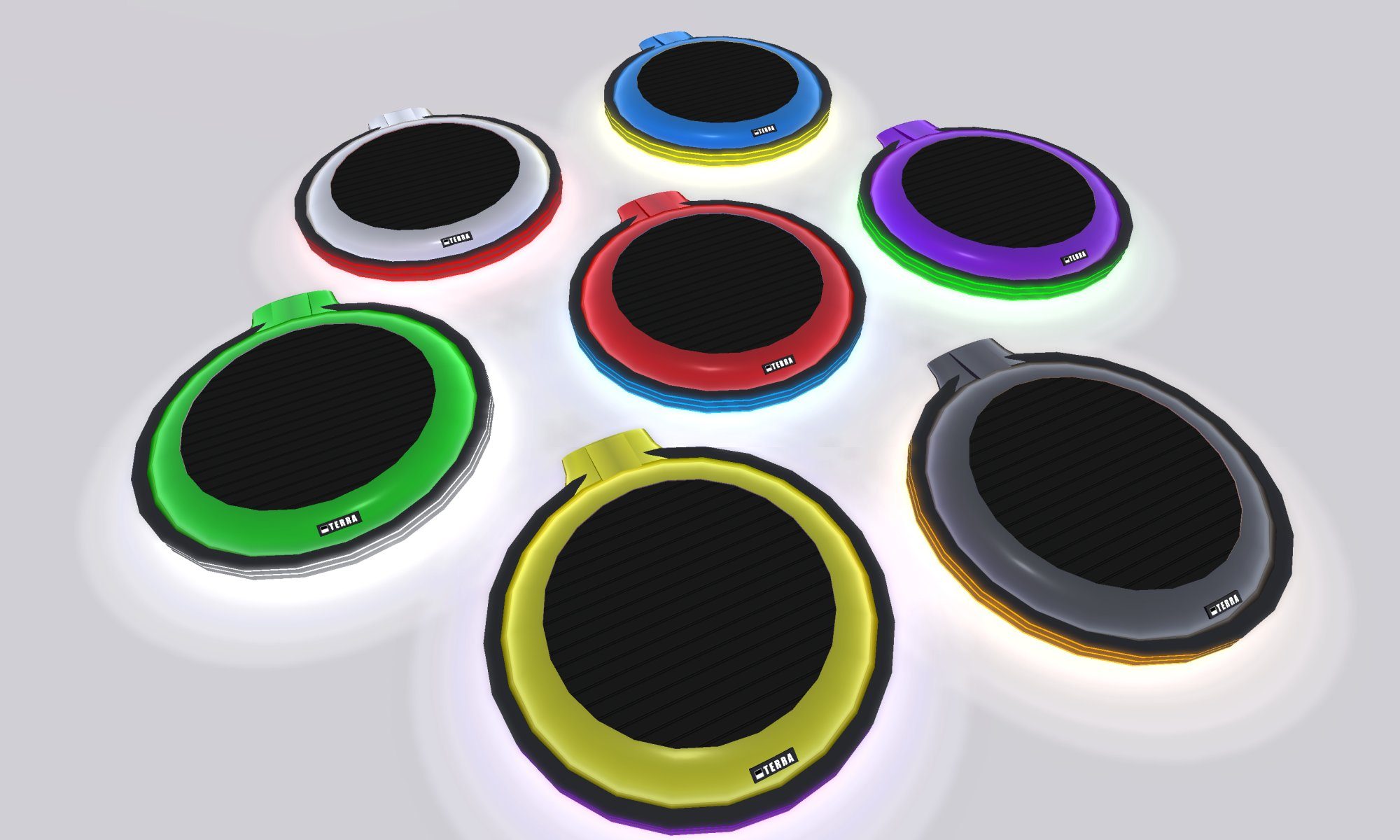
Welcome to blog stadium
At 3:46 AM on July 17, I gave birth to the Cubicle Dweller weblog in a messy splash of HTML. That was only a few weeks ago, which pretty much makes me a blog-newbie, so bear with me if I’m still trying to get a grip on this blogging phenomenon.
It seems like every day a million new weblogs find their way into existence. According to Blogger, during the month of July, new Blogger weblogs were created at an average rate of 1.5 per minute. That’s a mind bloggling rate!
All these millions of weblogs now compete for attention. It’s as if, at first, there was a room full people, and a handful were taking turns on stage, saying interesting and occasionally insightful things. But then someone in the back started talking too. Then others started, until a murmer from the back became a general “rhubarb rhubarb rhubarb”, which then became a hubub, which then completely drowned out the people on the stage.
Now we’re in a stadium full of people, shouting at the top of our lungs, and Blogger is handing out free megaphones.
The chances of a new blogger actually being heard are now pretty slim, it seems. Have a look at Weblogs.com, for example. On their home page, they list only some of the weblogs updated within the last three hours. Among the hundreds on this list are some excellent weblogs — well-written, thoughtful, witty, and entertaining. But many more are about more mundane subjects — about what their dog did, or what they had for breakfast (um…oops).
Way back when the World Wide Web was new (oh… long about ’94… or was it ’95?) and I was putting my first web pages online, I wasn’t quite sure why I was doing what I was doing, and less certain why anyone would visit my site. I still don’t know why. But I do know that shouting in a stadium and being heard by only a few passers-by is far better than not being heard at all.
A thought or two on those evil little sentence fragments
Fragments. Sentence fragments. Lots of them. Everywhere. In newspapers. In novels. In essays. Even in works by well-respected writers. Fragments make things punchier. Sharper. Almost a staccato.
Usually writers avoid using fragments too much in one paragraph, and instead they save the fragment to emphasise a particular idea. In these cases, you never know when you’ll run into a fragment, so that when it does hit you, you feel the full impact of the author’s deliberate emphasis. It should be a surprise when the reader gets to the fragment. A complete surprise.
Which isn’t to say that the fragment distracts the reader from what it is the writer is saying. Not at all. If used well, the fragment will support the ideas in the paragraph, rather than distract.
Technically, a fragment is grammatically incorrect. A high school English teacher drummed it into my head (figuratively) that fragments are always wrong. Except for famous writers, of course. (Of course.) Now that I know that there are certain times when it is perfectly acceptable for mere mortals to use a fragment, I use them freely. I don’t blame her for misguiding me, since I learned several important lessons in that class, such as “‘Because’ is a subordinate conjunction,” which I had to repeat ten times in front of an amused class. I won’t easily forget that lesson either. Ever.
She did have good reason in teaching the evils of the fragment. Had I not been told that fragments were wrong, I might now write essays that are just littered with fragments. Evil little fragments.
Beep beep beep beep beep beep
Geek culture has a new teen idol. Like most Internet fads (remember the “All Your Base…” phenomenon?), this one doesn’t seem to have any reason. I personally don’t get these fads. The “Hatt Baby” site was fun for a while, and if you think way back you’ll remember the Hamster Dance (“Doo do-doot doo doo do-doo…” etc.). And there may have been dozens of others that I missed — or ignored.
 Now it’s Ellen’s turn. Apple has release a series of TV ads they call “Switch”, in which real people talk about switching from PC to Mac. (As an aside, does that ever happen? Personally, I think that once you’ve been possessed by the Microsoft demon, you’re doomed to serve the evil master of Redmond forever. I digress.)
Now it’s Ellen’s turn. Apple has release a series of TV ads they call “Switch”, in which real people talk about switching from PC to Mac. (As an aside, does that ever happen? Personally, I think that once you’ve been possessed by the Microsoft demon, you’re doomed to serve the evil master of Redmond forever. I digress.)
A controversial ad in the Switch series features a teenage girl named Ellen Feiss, who appears to be, shall we say, a little… er… groggy. Some even conjecture that she’s sampled a bit of the happy herb. I’ve seen the ad on Apple.com, and I’m not sold on the drug theory. She just seems like a typical, sullen, red-eyed teen. Yet somehow, based only on one 30-second ad, this groggy girl has gained a loyal following amongst teenage geeks. Websites about Ellen Feiss have sprung up all over. Here are only a few:
Am I missing something? I mean, sure that “beepbeepbeepbeepbeepbeep” bit is kind of endearing, but how do you go from that to selling Ellen Feiss t-shirts and coffee mugs? To steal a line from Mr. Shatner (as I am wont to do)…
GET A LIFE, WILL YOU PEOPLE? I MEAN… FOR CRYING OUT LOUD, IT’S JUST A TV COMMERCIAL!
That’s all I really have to say. Now if you’ll excuse me, I have to go watch a taped episode of Buffy the Vampire Slayer.
More self-aborbant material
I’ve been told that writing a blog is proof that I’m self-absorbed. I can’t remember who said that, but it certainly made me think.
Could it be true? I asked myself this question again and again, and even meditated on a photograph of myself for at least an hour longer than usual.
It must be true. Anyone who writes a weblog is completely egotistical. After all, how many blogs and personal journals are written about someone other than the author?
Furthermore, to write about anything is unforgivable. It’s arrogance to believe that one’s words are of enough value to be published.
And so, to the kind person who helped me understand the truth, thank you. Your point has been well-taken. From this point forward, I will remain completely silent on all subjects. And I strongly encourage all journalists, essayists, novelists, and especially autobiographers to do the same.

